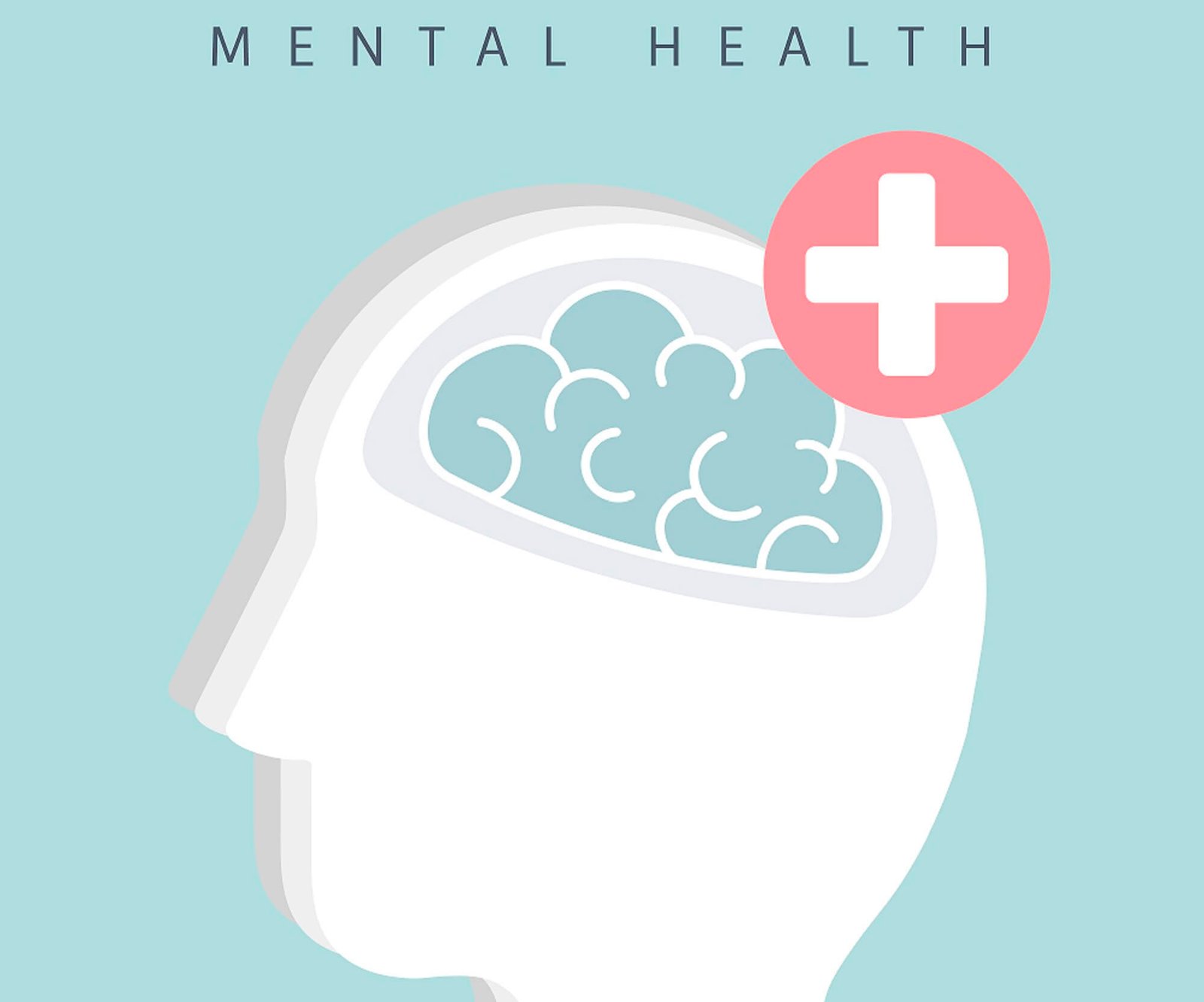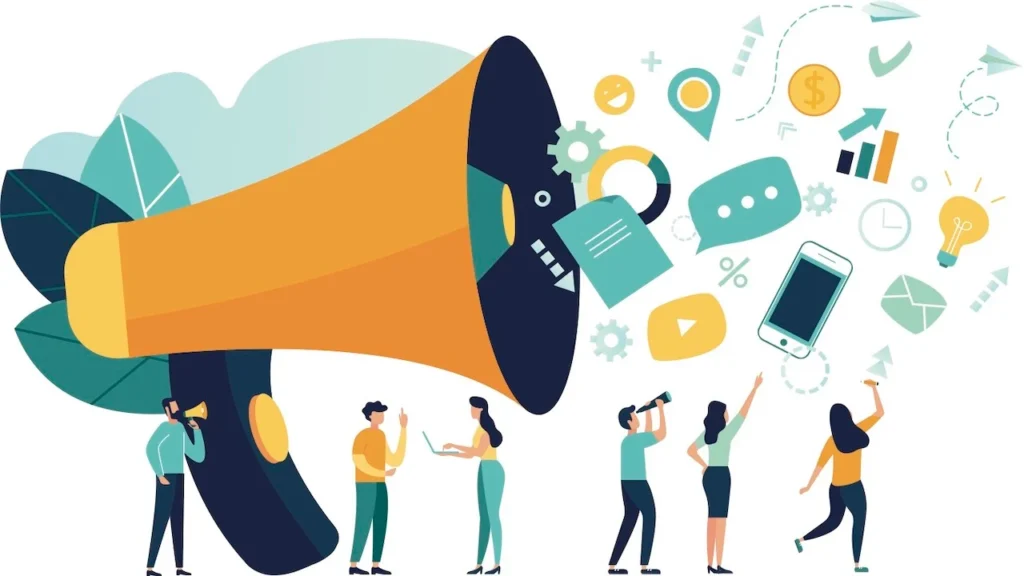Mental health support and resources are essential for millions across the United States, yet access to care varies widely depending on where you live. From bustling cities to rural communities, the availability of mental health services can differ dramatically. Understanding what’s available in your area is crucial for finding the support you or your loved ones may need.
America’s Mental Health Support: Essential Resources by State
National Resources: Support Available to Everyone
Regardless of location, several national resources provide immediate and ongoing mental health support:(EveryMind – Every Mind Matters)
- 988 Suicide & Crisis Lifeline: Dialing or texting 988 connects individuals to trained crisis counselors 24/7, offering free and confidential support for anyone in distress.
- FindTreatment.gov: This platform helps users locate mental health and substance use treatment facilities across the country, tailored to individual needs.(FindTreatment.gov)
- National Alliance on Mental Illness (NAMI): With over 650 affiliates nationwide, NAMI offers education, support groups, and advocacy for individuals and families affected by mental illness.(NAMI)
- Mental Health America (MHA): MHA provides screening tools, information, and resources to promote mental health awareness and early intervention.

State and Local Resources: Tailored Support in Your Community
While national resources are invaluable, state and local programs often provide more personalized support:
- Community Mental Health Centers (CMHCs): Established to serve underserved populations, CMHCs offer services like counseling, crisis intervention, and case management, often on a sliding fee scale.(Verywell Health)
- State Mental Health Agencies: Each state has its own agency overseeing mental health services, providing information on local programs, providers, and support initiatives.
- Mobile Crisis Teams: Many areas have teams that respond to mental health emergencies, offering on-site assessment and support, reducing the need for hospitalization.
Addressing Disparities: Challenges in Accessing Care
Despite the availability of resources, disparities persist:
- Rural Areas: Often termed “therapy deserts,” many rural communities lack sufficient mental health professionals, making access to care challenging.(Verywell Mind)
- Cultural and Language Barriers: For non-English speakers or those from diverse cultural backgrounds, finding culturally competent care can be difficult.(Mental Health America)
- Stigma: Misconceptions about mental health can deter individuals from seeking help, emphasizing the need for continued education and awareness.

Innovative Solutions: Bridging the Gap
To combat these challenges, various initiatives have emerged:(ft.com)
- Teletherapy: The rise of virtual counseling sessions has expanded access, especially beneficial for those in remote areas.
- Community Programs: Organizations like Austin Clubhouse in Texas provide vocational training and community support, aiding individuals in their recovery journey.(apnews.com)
- Educational Campaigns: Efforts to promote mental health awareness aim to reduce stigma and encourage individuals to seek help when needed.

Taking the First Step: Finding the Right Support
If you or someone you know is struggling, remember that help is available:(CDC)
- Start Local: Reach out to local health departments or community centers to learn about services in your area.
- Use Online Tools: Platforms like FindTreatment.gov can guide you to nearby facilities and providers.(FindTreatment.gov)
- Talk to Someone: Whether it’s a trusted friend, family member, or professional, opening up is a crucial step toward healing.
Mental health is an integral part of overall well-being. By understanding and utilizing the resources available, individuals can take proactive steps toward a healthier, more balanced life.
Also read : Discover the Best Time to Visit USA for Unforgettable Adventures






